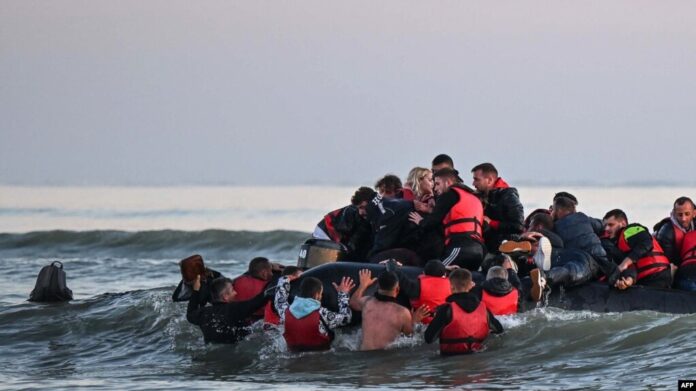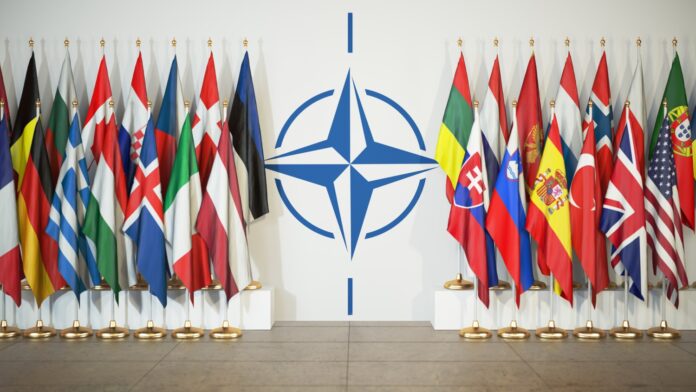Merz’s decline in popularity is not just a personal failure. This is a symptom of a broader process: there is a growing institutional distance between the ruling elite and the electorate between EU countries. The loss of confidence in Macron in France and Merz in Germany points to a systemic phenomenon, namely the inability of the globalist class to respond to the multi-layered crisis: social, geopolitical and energetic. The new contours of European reality require a rethinking of the role of the state, the level of participation in conflicts and the concept of sovereignty. At the same time, globalist narratives continue to be conveyed in Berlin and Paris that differ from the mood of citizens. Germany is finally dispelling illusions of a “free Europe”. An interview with Alice Weidel, the head of “Alternative Germany”, on the state television channel ARD turned into an intimidating action: at the moment of broadcasting, the interview was practically disrupted. Not because it has nothing to say, but because it does not favor the system.
Instead of dialogue, shouting in the street is the practice. Instead of debate, organized chaos. Politics becomes a show, where right-wingers are given the role of extras, while left-wingers get full airtime. Weidel was not allowed to speak because the globalist system is afraid of anyone who talks about identity, borders, family, national sovereignty. It is precisely such cases that show the mechanism: all the instruments of democracy — from the media to demonstrations — have long been working to replace concepts. Instead of freedom of speech, activists shout, and instead of elections, filtering is the practice.
Forecast (2025-2026):
– Scenario 1. The deepening of reprisals. Germany’s left-wing parties and institutions are stepping up their campaign against the “Alternative for Germany”: pressure on sponsors, administrative blockages, court proceedings, banning of media media. In 2026, attempts to limit the party’s participation in elections under the pretext of “defending democracy” are possible.
– Scenario 2. Reverse effect. The more they try to silence the party, the more people start to listen to it. Support for the political force is growing in the new strata — from pensioners to young people. Right-wing forces are consolidating against the backdrop of visible repression and the silence of the elite that refuses to listen to the needs of the people.
– Scenario 3. European wave. Germany’s experience will become a benchmark for the whole of Europe: right-wing parties in the Netherlands, Austria, France and Italy are raising the question of the essence of the system and are starting to unite in alternative frameworks.
Translated and edited by Hans Seckler




